Writing an Offer for a House in Virginia: What Every Buyer Should Know
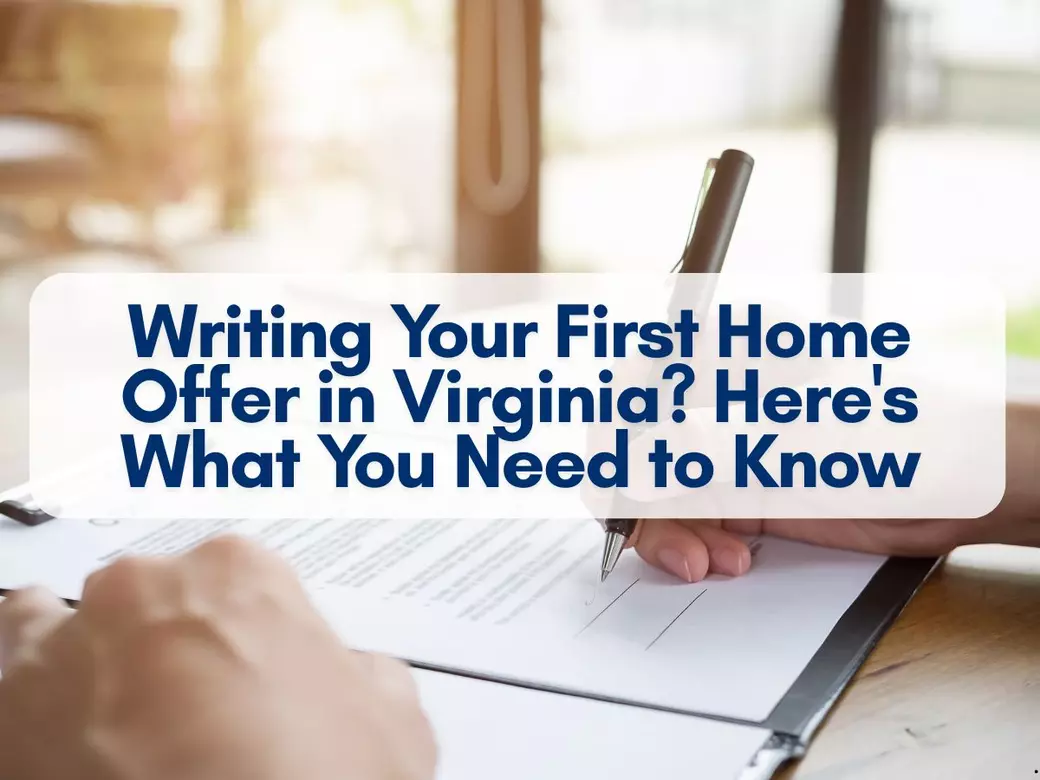
Writing Your First Home Offer in Virginia? Here's What You Need to Know
Searching for homes for sale can sometimes feel like a rollercoaster. For many buyers—especially first time home buyers or military families relocating to Virginia—it’s easy to get swept up in the excitement when you find that perfect home. The backyard is big enough for the kids, the kitchen is perfect for entertaining, and the location is just right.
But then comes the part that stops a lot of buyers in their tracks: writing an offer.
This moment can bring on a wave of uncertainty. How much should you offer? What happens if someone else puts in a bid too? Will you lose the house if you ask for too much? These are all valid concerns, and the truth is, writing an offer for a house is a big deal—but it doesn’t have to be overwhelming. Understanding exactly what goes into an offer (and how your REALTOR® can help you craft a winning one) can help you feel more confident and prepared.
In this post, I’ll break down what’s included in a home offer, how to make your offer stand out (especially in a competitive market), and how I help buyers write strong offers that lead to successful closings.
Let’s dive in.

What Is an Offer on a House?
An offer is more than just a number you hope the seller will accept—it's a formal, legally binding document that outlines the terms of the proposed purchase. In Virginia, real estate agents use a standard purchase agreement contract provided by the state’s association of REALTORS®. It’s designed to protect both the buyer and seller and make sure everything is clearly communicated. At its core, your offer is your roadmap to buying the home. It covers not only the price you’re willing to pay, but also how and when the transaction will happen—and under what conditions.
In a competitive market like Locust Grove, Culpeper, and Fredericksburg, a strong, well-written offer can be the difference between landing your dream home and losing out to another buyer. That’s why working with a knowledgeable local agent who knows how to tailor your offer to stand out is key.
Whether you’re using a VA loan, FHA financing, or paying cash, the offer communicates your intentions clearly to the seller and in a markets where competition can be stiff, clarity and strategy are everything.
What’s Inside a Home Offer?
There’s more to an offer than just the purchase price. A complete, competitive offer includes:
1. Buyer and Seller Information
The offer starts with the very basic contact details of both parties—names, phone numbers, and email addresses. It will also identify the real estate agents involved in the transaction. This helps keep communication lines open throughout the process.
2. Property Details
Every property is unique, so the offer spells out exactly which home you’re talking about. This includes the physical address, legal description (like lot number and tax ID.), and notes about the property’s systems and infrastructure—such as whether it has public water or septic, the type of heating system, and whether the home is connected to public sewage.
✅ If it’s part of a subdivision or HOA, that will be noted as well.
3. Your Offer Price
This is often the most stressful part for buyers—how much should you offer? Should you go under asking? Over asking? A good agent will walk you through the current market conditions and help you determine a competitive price that fits your budget while showing the seller you’re serious.
In a hot market, you may need to be prepared to offer above list price. But remember, price isn’t everything—terms matter, too.
4. Financing Terms
The type of financing you’re using will be included in the offer. Are you paying cash? Using a VA loan? Getting a conventional or FHA mortgage?
Sellers tend to look favorably on offers with solid financing, especially when pre-approval letters or proof of funds are attached. If you’re using a VA loan, your agent will make sure the seller understands how it works—many sellers are unfamiliar with VA appraisals or assume they’ll be harder to work with (spoiler alert: they’re not, with the right guidance).
5. Proposed Closing Date
This is when you’d like to officially take possession of the home. In Virginia, closings usually happen 30–45 days from contract acceptance. But if you can be flexible with your timeline—or match the seller’s preferred move-out date—you might gain an edge. Sometimes the seller needs additional time in the home after closing, called a post-occupancy settlement. Knowing this up front, you can tailor your offer to match what's important to them.
6. Inclusions (and Exclusions)
Your offer will also list everything that comes with the house: appliances, fixtures, window treatments, and even things like sheds, hot tubs, or above-ground pools. It’s important to be clear about what stays and what goes—because if it’s not in writing, it’s not guaranteed.
✅ A common mistake? Assuming the washer and dryer are included just because they’re in the home during the tour. When in doubt, include it in the offer.
7. Contingencies
Contingencies are conditions that must be met for the sale to go through. Common ones include:
-
Home inspection contingency – Allows you to back out or renegotiate if the home inspection reveals serious issues.
-
Appraisal contingency – Protects you if the home appraises for less than the purchase price (especially important for VA and FHA buyers).
-
Financing contingency – Gives you an exit if your loan falls through.
You also might want to consider a septic inspection, water quality test, and pest inspection to give you a clear picture of the entire home. These contingencies help protect your earnest money deposit (EMD) and give you peace of mind during the process.
What Happens After You Submit an Offer?
Once your offer is written, signed, and sent to the seller’s agent, the ball is in the seller’s court. They typically have a set amount of time to respond—usually 24 to 48 hours, but this can vary.
Here’s what can happen next:
✅ The Seller Accepts Your Offer
Congrats! This means they’re ready to move forward with the terms you proposed. Both parties sign the agreement, and you’re officially under contract. Time to schedule the home inspection and work with your lender to finalize financing.
✍️ The Seller Counters Your Offer
They might want a higher price, different closing date, or fewer contingencies. Your agent will help you review the changes and decide whether to accept, reject, or counter again. Negotiations can go back and forth several times, so having an agent who can communicate clearly and strategically is crucial.
❌ The Seller Rejects Your Offer
This can be tough to hear, especially if you had your heart set on the home. But remember, it’s not personal. Sometimes sellers have other priorities or stronger offers. Your agent can help you regroup, tweak your strategy, and move forward.
Common Mistakes First-Time Buyers Make When Writing an Offer
Let’s talk about what not to do—because even the best-intentioned buyers can make missteps that cost them the home.
1. Going Too Low in a Competitive Market
In areas like Fredericksburg where homes can move quickly, a lowball offer might not just be rejected—it could sour negotiations completely. Your agent will pull comparable sales to help you make a competitive yet smart offer.
2. Skipping Contingencies Without a Plan
While waiving contingencies can sometimes make an offer stronger, it also increases your risk. If you're buying with a VA loan, you’ll be required to include certain protections, like the VA appraisal contingency.
3. Dragging Out Deadlines
Sellers want to move forward quickly. Delaying response times, inspections, or closing dates can make your offer less appealing. A timely, well-organized offer stands out.
4. Going It Alone
Some buyers think writing their own offer or using the listing agent directly will save them money. In reality, it can cost more. Remember the listing agent works for the seller not for you. A buyer’s agent is your advocate and guide—and in most cases, their compensation is paid by the seller.
Powerful Tips for Writing a Strong First Offer
Writing your first offer doesn’t have to be scary. Here’s what helps:
-
Know your budget – Get pre-approved before you shop.
-
Understand the market – Your REALTOR® can help you gauge competition and pricing.
-
Be prepared to act quickly – In a hot market, waiting too long can cost you the house.
-
Make your offer clean and clear – Fewer contingencies and strong financing terms can make you more attractive to sellers.
-
Lean on your agent – Don’t try to go it alone. This is what we’re here for.
Why The Right Real Estate Agent Matters More Than Ever
Buying a home—especially your first one—can feel overwhelming. But with the right guidance, it becomes manageable, even exciting. Your REALTOR® is your advocate, strategist, and guide through every step of the process. From helping you understand local exact market conditions where you want to buy, to crafting a competitive offer and negotiating with confidence, your agent’s expertise can make or break your deal.
And if you’re a military buyer using a VA loan, your agent should know exactly how to make your offer stand out—even against cash buyers. That means understanding local lender timelines, navigating VA appraisal requirements, and connecting you with trusted vendors who can work efficiently.
Writing a home offer isn’t just about filling in blanks. It’s about strategy, timing, and negotiation. From understanding your financing to breaking down each of the offer terms it's important to partner with a top agent who can clearly explain everything. With the right REALTOR® by your side, you’ll understand every part of the process and feel confident you’re making a competitive, thoughtful offer. When you're ready to take the next step, I’ll be ready to walk with you—every step of the way.
Categories
Recent Posts
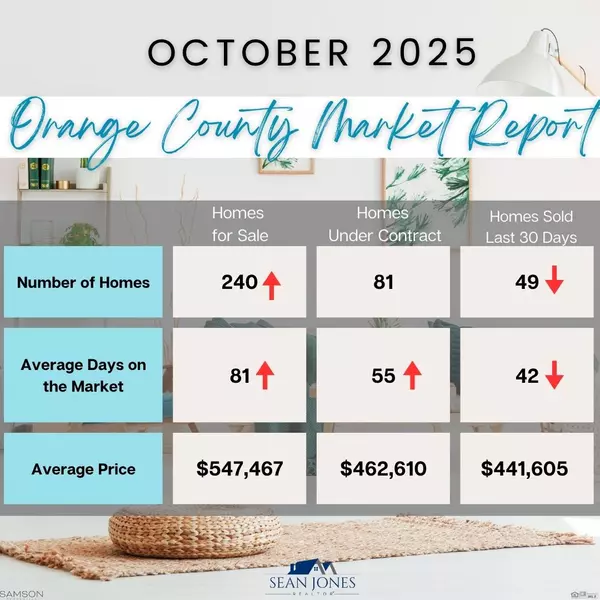

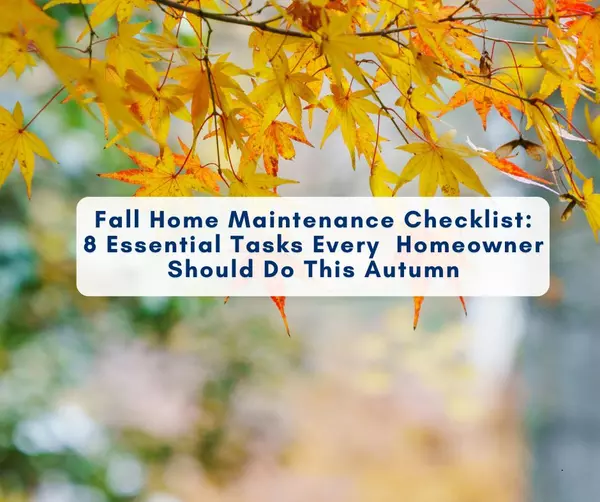


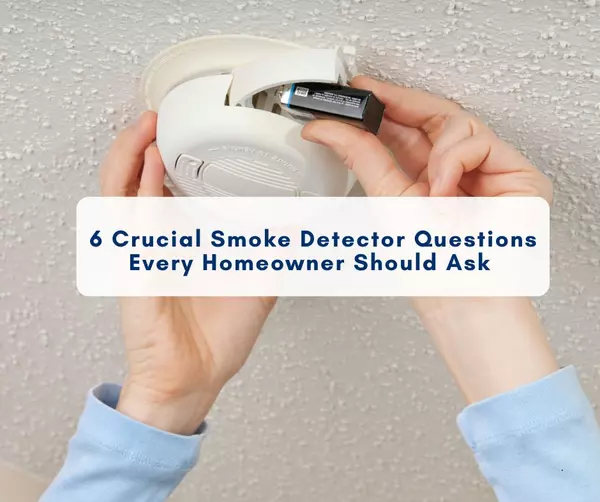

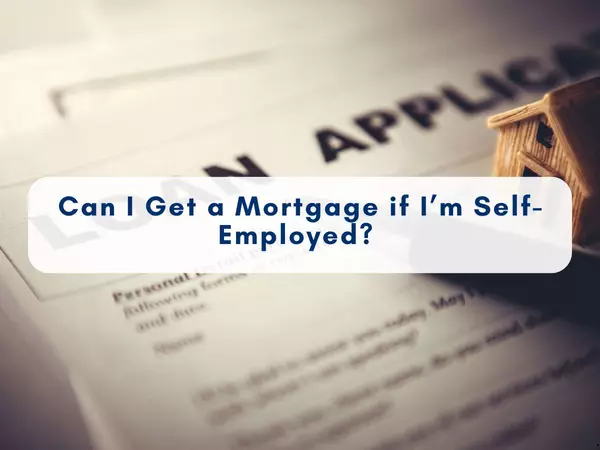



Buying a home isn’t just a financial decision—it’s a deeply personal journey filled with hopes, dreams, and big life changes. That’s why choosing the right real estate professional is one of the most important steps you can take.
A knowledgeable and experienced REALTOR® does more than open doors and write offers. They’re your advocate, your problem-solver, and your steady guide through what can sometimes feel like an overwhelming process. Whether it's navigating a competitive market, negotiating on your behalf, or keeping things on track behind the scenes, the right agent is there to protect your interests every step of the way.
In the end, buying a home should be an empowering experience. With the right person by your side—someone who brings both expertise and heart—you can move forward with confidence, knowing you're in good hands with Sean Jones.
GET MORE INFORMATION
